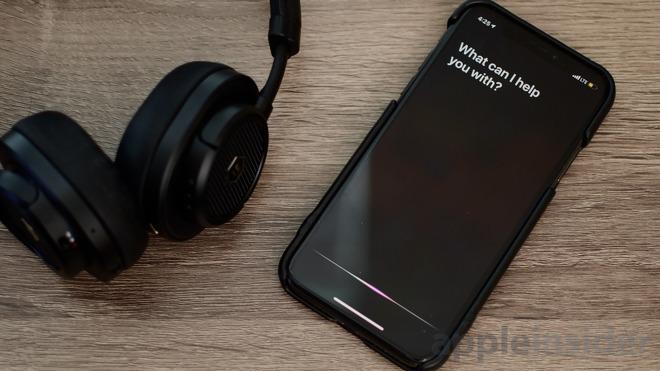Weil es gerade in allen Medien heiss diskutiert wird: ein paar kleine Tips, wie man den schlimmsten Problemen im Internet ein bisschen vorbeugen kann und potentiellen Schaden vorbeugend eingrenzen kann. Wikipedia zu den Vorfällen dazu.
PC und Telefon
Alle System-Updates Zeitnah installieren
Privatsphäre-Optionen auf allen Geräten nutzen
Berechtigungen von Apps auf Telefonen und Tablets stark beschränken (Kontakte, Kamera, Location, Mikrofon etc.)…
eMail
HTML-email ausmachen, externe Inhalte von e-mails nachladen ausmachen, Vorsicht bei email-Anhängen,
Möglichst einen anderen eMail-Account zur Kommunikation verwenden, als den, der zur (Account-)Registrierung verwendet wird, wegen Passwort-Wiederherstellung.
Passwörter
schwer zu ratende Passwörter verwenden & für jeden Dienst ein eigenes verwenden
Wo möglich, 2-Factor-Authentication verwenden.
Sozial
Niemals Login-Daten preisgeben, auch nicht telefonisch
Facebook-Account löschen, ausserdem:
Niemals Login with Google/Facebook/Twitter etc. verwenden
Location-Übermittlung überall ausmachen
Telefonbuch-Sync für Social Media in keinem Moment erlauben
Höchstprivate Daten besser löschen (Chatverlauf, Bilder)
Daten
Festplatten-Verschlüsselung einschalten
Für Chat-Kommunikation nur verschlüsselte Messenger verwenden, z.B. Signal oder Threema
Für eMail: S/MIME oder GPG verschlüsseln…
Backups verschlüsseln
Bild von Nasir Khan, CC-BY-SA2.0





